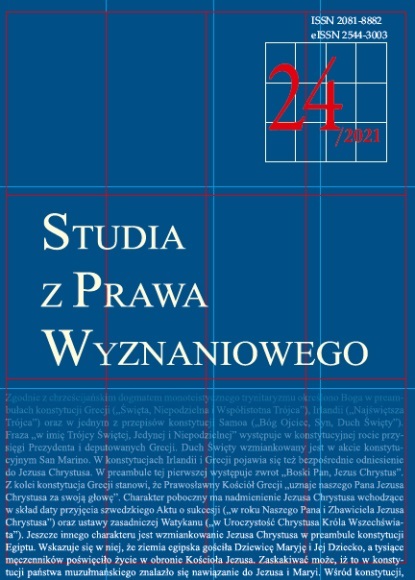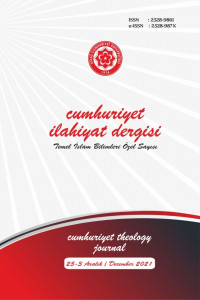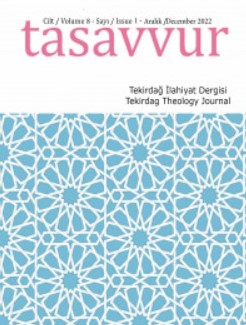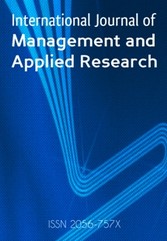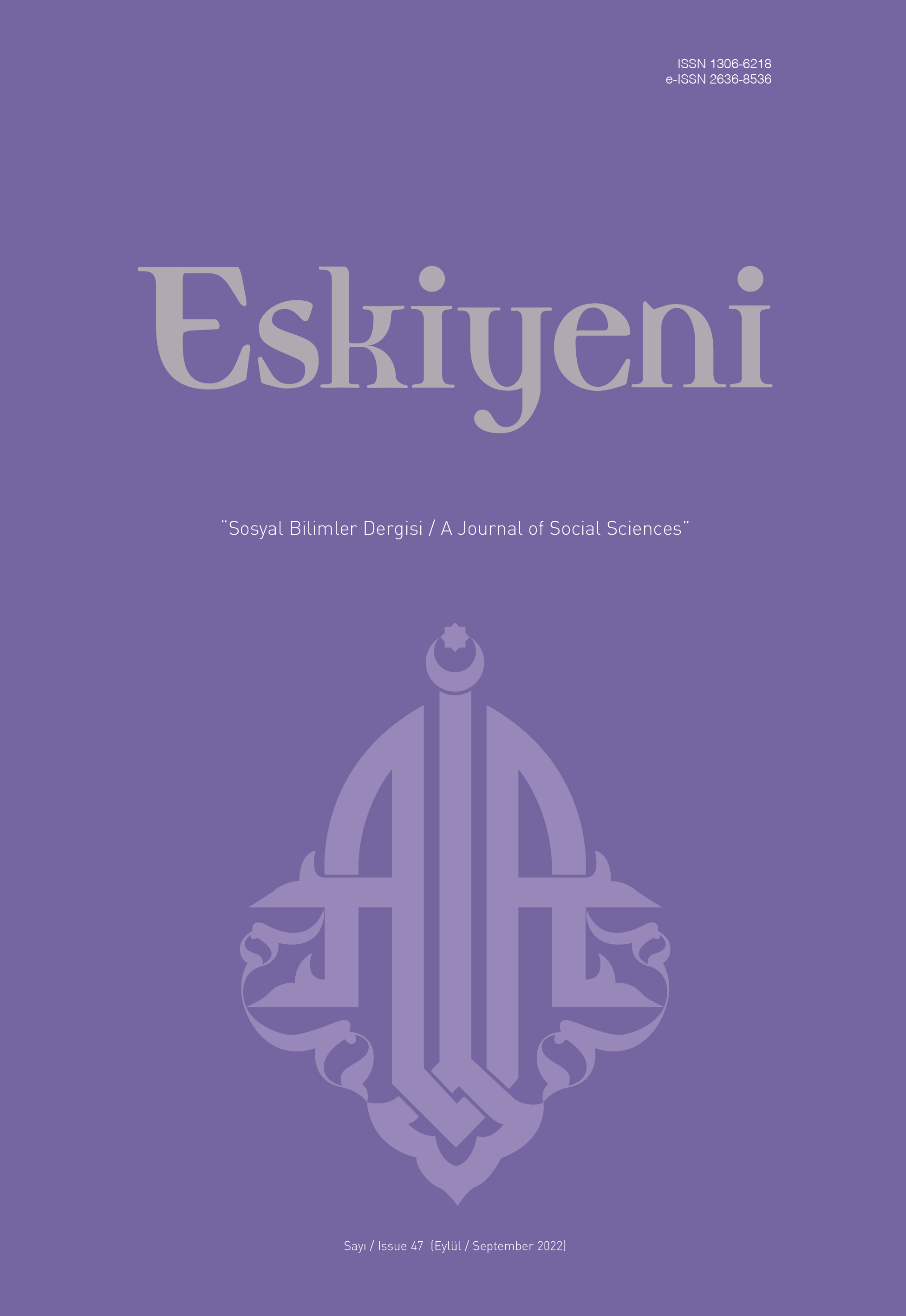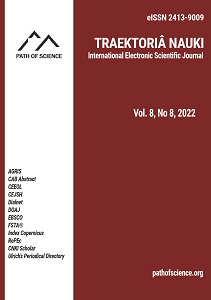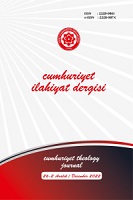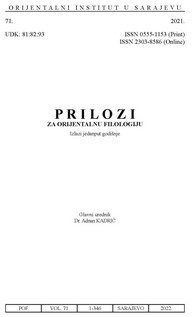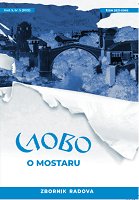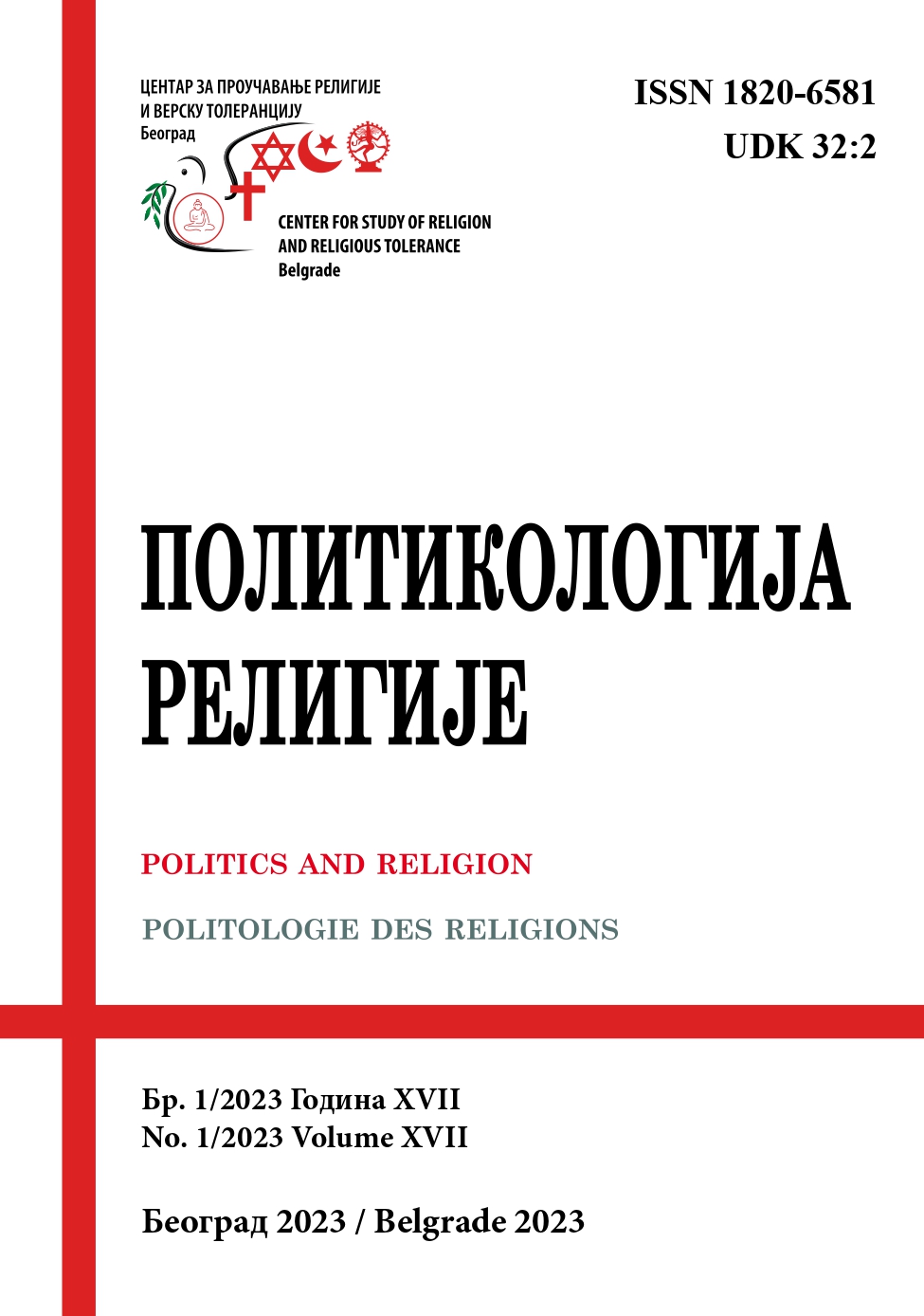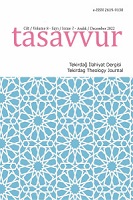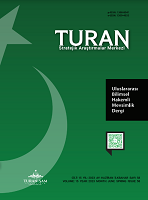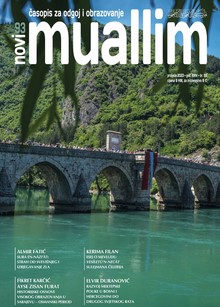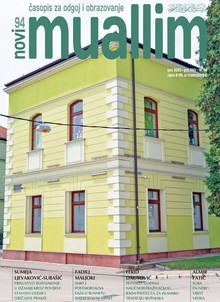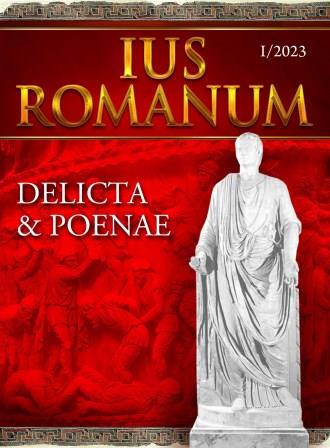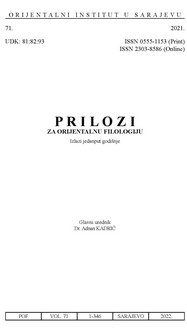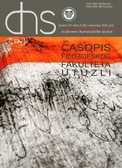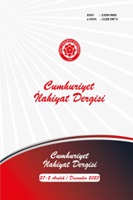Author(s): Fatih Orhan / Language(s): Turkish
Issue: 3/2021
The Book and the Sunnah are the two main sources of Sharʿī science. These two sources are based on narration which requires an absolute certainty, and this makes the reports, especially the mutawātir reports, important for Sharʿī sciences. Many people were involved in the transmission process of the Sunnah and the Book; therefore, Islamic scholars remained loyal to the technical concept “mutawātir reports” which is used in logic and is not open to doubt in terms of credibility. This is particularly important for the science of kalām, which deals with matters of faith. On the other hand, in the science of fiqh, which deals with the practices of the Muslim individuals such as worship and procedures rather than the matters of faith, only the reports that the believer will accept, rather than those that everyone will approve, are sufficient. In this context, as per the science of fiqh, it is sufficient to form a dominant opinion, rather than an absolute certainty as in the science of kalām, for acting upon reports. Some factors, such as the acceptance of conjecture sufficient in the matters associated with fiqh and the low number of mutawātir reports on fiqh matters, also affected the fuqahā’s understanding of certain knowledge. In the context of transmission of the Sunnah, fuqahā partially changed the nature of the concept “mutawātir reports” by going beyond the technical understanding of tawatur. The most important change made by the fuqahā in the nature of mutawātir reports was the inclusion of the phenomenon “sened (chain of transmission)”, which is used to ensure credibility to ḥadīt̲h̲ s, in the understanding of tawatur. So much so that while the number rather than the qualifications of the people who convey the reports is important for the credibility of the mutawātir reports in the science of logic; in the determination of mutawātir sunnah, the number of the narration channels which consist of just and fair-minded narrators was taken as a basis in line with the hadith “Whoever ascribes to me what I have not said then let him occupy his seat in Hell-fire.” Even some methodologists valued the justness and fair-mindedness of the narrators so much that they included the famous reports in the scope of mutawātir reports, even though the first layer was ahad, due to their trust in the narrators in the later layers. However, in technical sense, for mutawātir reports, the qualifications of the narrators or who they are is not important at all. On the contrary, any person from a different religion, sect or disposition can take a role in the transmission of mutawātir reports. However, there is no place for fasiq narrators, let alone non-Muslims, in fuqahā’s concept of sened-centered mutawātir reports. Spiritual mutawātir is one of the subjects affected the most by this new understanding of tawatur based on isnād (reporting the chain of transmission). Normally, spiritual mutawātir is the agreement of the reports, conveyed in different texts by a large number of people who cannot agree on a lie, on a common meaning. However, fuqahā interpreted spiritual mutawātir as ahad ḥadīt̲h̲ s with different chains of sened reaching a certain number and denoting the same meaning. What makes these two reports different is that the number of narrators assures the credibility of reports in the first one whereas the trust in the justness and fair-mindedness of the narrators does in the second. As a matter of fact, it is not possible to talk about such a spiritual mutawātir if the trust in the justness and fair-mindedness of the narrators who convey the ahad reports is damaged. This approach of spiritual mutawātir was used by the mutakallimūn as much as by the fuqahā. However, they used this approach of mutawātir mostly for matters that are evidenced by the Sunnah but not associated with the essentials of religion, such as Shafa'ah (intercession), Hawd al-Kawthar (Pond of Abundance), Ru’yat Allah (seeing Allah), and imams’ being from Quraysh. Thanks to this new concept of tawatur, Islamic scholars included many ḥadīt̲h̲ s that are normally out of the scope of the technical definition of mutawātir reports, in the scope of spiritual mutawātir, and thus provided a credibility to more ḥadīt̲h̲s.
More...
